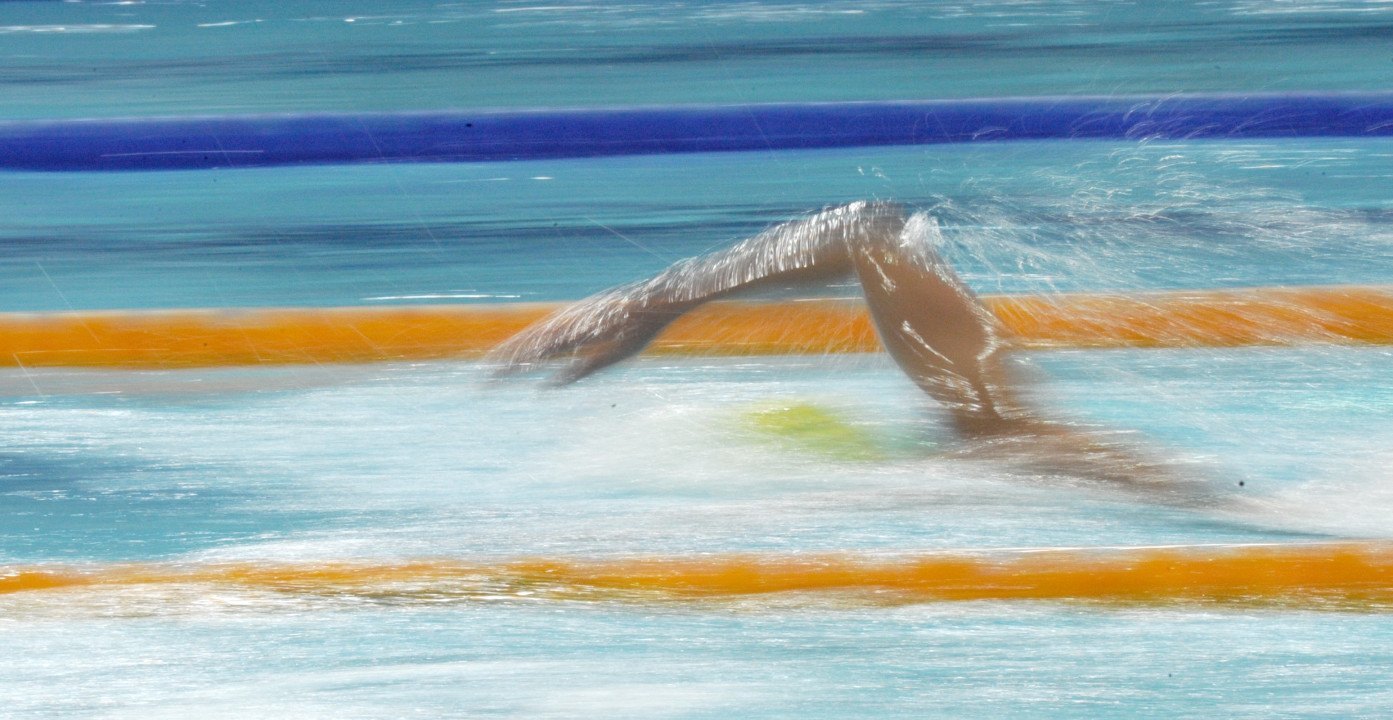In the aftermath of a comparatively disastrous 2012 Olympic Games for Australia, where the country’s 10th position in the overall medal standings was its worst outcome in two decades, leading Australian sports minds convened and developed an ambitious 10-year plan entitled “The Winning Edge”.
The Winning Edge referendum included the high-reaching goals of Australia finishing in the Top 5 nations at the 2016 Summer Olympics/Paralympics, as well as finishing as the number one nation at Commonwealth Games. Things did not go according to plan for the Aussies at last year’s Commonwealth Games, where England came away as the top country of the competition for the first time since 1986.
Now, with Rio just 16 months away, the government-backed Australian Institute of Sport (AIS) has released a recent “report card” or “Sports Tally” on how its country’s sports stand globally, as well as when measured against “The Winning Edge” plan’s goals.
The good news for Australia is that the Sports Tally is predicting the country will indeed exceed its overall team performance at the 2012 London Olympic Games. The not-so-good-news is captured in a quote by AIS Director Matt Favier, who says, “The reality is, in cut throat world class competition, being world’s best comes down to minuscule margins which makes predicting the future a difficult task.”
In fact, Favier offers a considerably realistic viewpoint on the Winning Edge’s stated goals, saying, “The targets were ambitious, and the plan, bold. While top five in Rio 2016 remains our goal we recognize, three years into the implementation of ‘Winning Edge’, this target is aspirational especially considering the high caliber of rival nations.”
Even with this softening of sorts on the country’s overall goals, the AIS “remains extremely committed towards achieving a top-five finish at Rio 2016”, and reiterates that Australia will be depending on its traditional prowess in the sports of sailing, swimming, cycle and rowing to lead the charge towards their quest for a top 5 finish in Rio.
